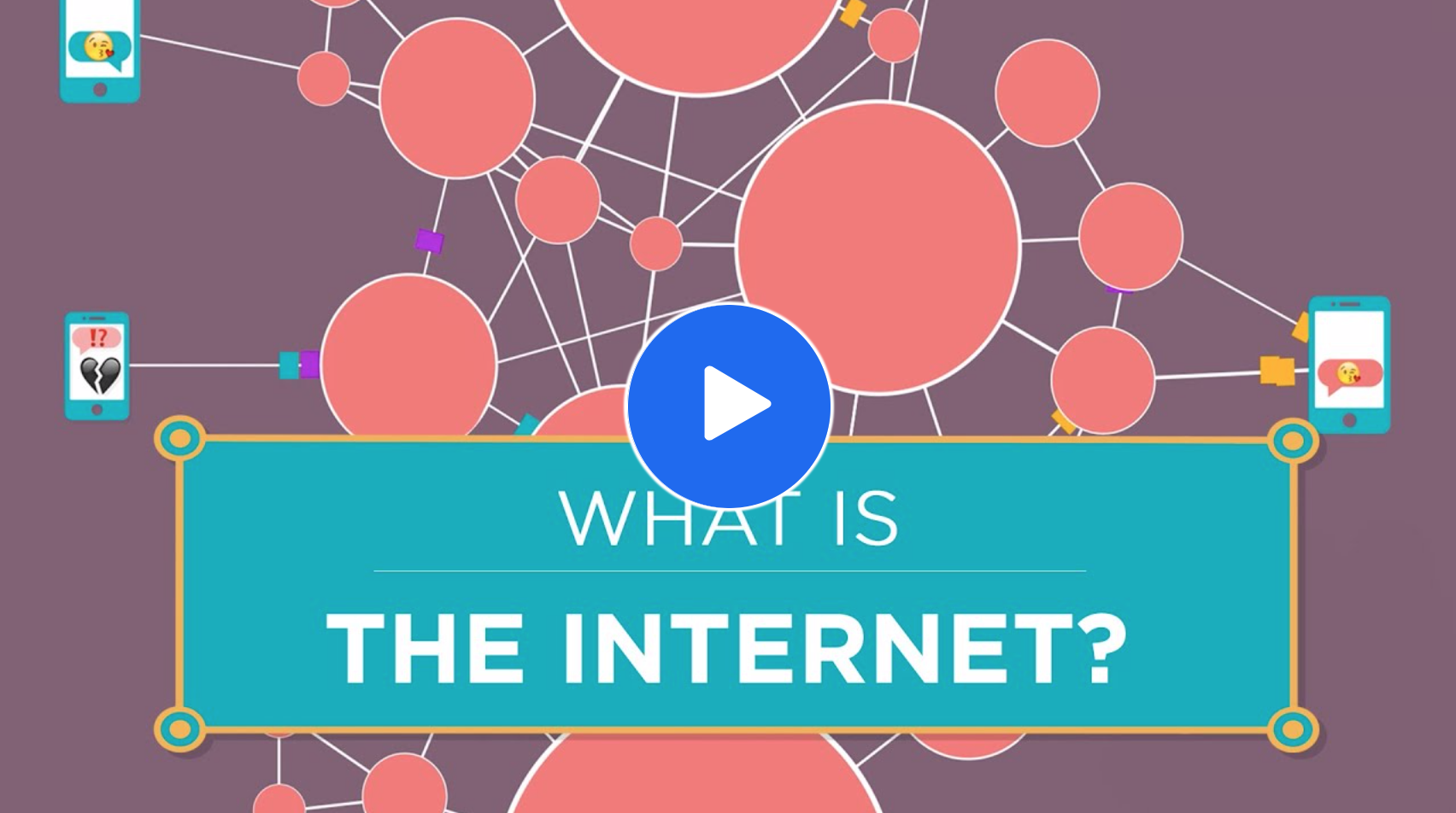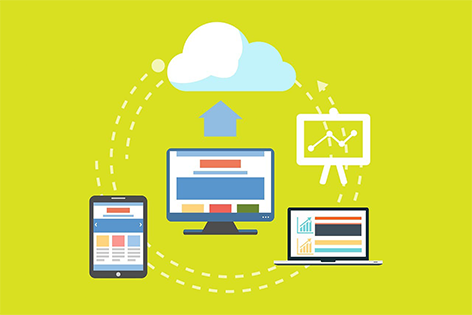This lesson will give you an overview of internet structure, incl. cloud vs local storage, and online vs offline tools.
By the end of this lesson, you should
- understand the basic internet structure
- identify the potential role(s) of ICT in your tourism business.
What is the Internet?

The Internet, sometimes called simply "the Net," or "world wide web (www)" is a worldwide system of computer networks - a network of networks in which users at any one computer can, if they have permission, get information from any other computer (and sometimes talk directly to users at other computers).The Internet, sometimes called simply "the Net," or “world wide web (www)†is a worldwide system of computer networks - a network of networks in which users at any one computer can, if they have permission, get information from any other computer (and sometimes talk directly to users at other computers).
Have you ever wondered how the Internet began or who owns it? Let's take a look at the following video:

Terminology
We'll need to understand some basic terms:
 ICT is an
acronym that stands for Information Communications Technology. ICT covers
any product that will store, retrieve, manipulate, transmit or receive
information electronically in a digital form. For example, personal computers,
digital television, email and mobiles.
ICT is an
acronym that stands for Information Communications Technology. ICT covers
any product that will store, retrieve, manipulate, transmit or receive
information electronically in a digital form. For example, personal computers,
digital television, email and mobiles.
 Local storage and
computing is when you store data or run programs on your own computer. All
information is kept on the hard drive inside your own computer.
Local storage and
computing is when you store data or run programs on your own computer. All
information is kept on the hard drive inside your own computer.
 Cloud computing
means storing and accessing data and applications over the Internet instead of
your computer's hard drive.The data is still stored on computers, but these are
powerful and well protected web servers.
Cloud computing
means storing and accessing data and applications over the Internet instead of
your computer's hard drive.The data is still stored on computers, but these are
powerful and well protected web servers.

Similarly, offline applications are those programs or software that are installed on your own computer (local storage) and can be used without a connection to the Internet.
Online applications, on the other hand, are provided over the Internet and are not installed on your local computer but are accessed from the cloud. While the disadvantage of online programs is that you need to be connected to the Internet, the advantages are that they:
- Don't take up space on your computer,
- Are kept up-to-date, while offline applications tend to become outdated easily,
- Are usually cheaper than offline applications,
- Can be accessed from any device e.g. your mobile or tablet, and
- Are generally safer at storing information; if something happens to your own computer you would lose the information, while online applications are kept safe.
More and more applications are changing to make use of cloud services. In the past all applications were stored on your own computer, but now applications like gmail, Outlook, Google Drive and Microsoft Office and are available online.
Similarly, backups of your computer can be done using physical hardware such as an external hard drive, but are now easily automated and backed up to the cloud e.g. iCloud or Dropbox.
Summary
- The Internet is made up of an incredibly large number of independently owned, connected networks.
- Cloud or online applications are provided over the Internet.
- There is an increase in cloud applications as they can be housed on powerful web servers rather than relying on users' computers.
